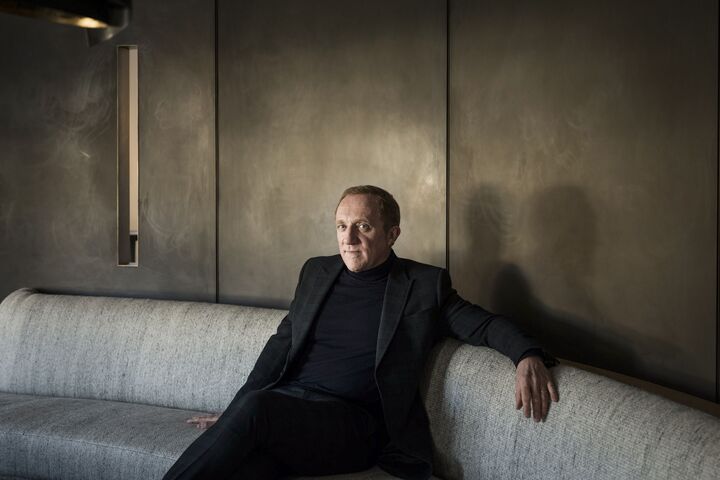French luxury conglomerate Kering, home to iconic brands like Gucci, Yves Saint Laurent, and Bottega Veneta, faced a challenging first quarter, marked by a 10% drop in sales. This decline, amounting to $4.8 billion (€4.5 billion), was attributed primarily to the struggles of its flagship brand, Gucci. With Gucci contributing significantly to Kering’s sales and profits, the brand’s 18% revenue plunge to $2.2 billion (€2.1 billion) weighed heavily on the group’s performance.
“Kering’s performance worsened considerably in the first quarter. While we had anticipated a challenging start to the year, sluggish market conditions, notably in China, and the strategic repositioning of certain of our Houses, starting with Gucci, exacerbated downward pressures on our topline.”
Francois-Henri Pinault – Chairman and CEO, Kering
The Struggle of Gucci in the Asia-Pacific Market
A significant factor behind Gucci’s downturn is the slowdown in the Asia-Pacific region, particularly in China. As a crucial market for luxury goods, China’s changing consumer preferences have impacted Gucci’s sales of its iconic belts and handbags. The shift towards “quiet luxury,” favoring subtler and more refined aesthetics over Gucci’s traditional maximalist image, has posed a challenge for the brand.
“Creative Overhaul and Leadership Changes”
Gucci’s response to these challenges has been twofold: a creative overhaul and changes in leadership. In recent years, the brand has adapted its image to align with the evolving fashion trends, appointing a new creative director in 2022 and a new CEO in 2023. However, these changes have yet to yield the desired results, as evidenced by the ongoing sales decline.
Impact on Kering’s Market Value
The repercussions of Gucci’s struggles have been felt on a broader scale, affecting Kering’s overall market value. Shares plummeted, reaching a six-year low and erasing approximately $8.1 billion (€7.5 billion) from Kering’s market value. The unexpected profit warning issued by Kering further intensified the situation, leading to a significant decrease in investor confidence.
Contrasting Fortunes: Kering vs. LVMH
In contrast, Kering’s competitor, LVMH, reported a 3% growth in sales for the first quarter, highlighting the diverging fortunes of the two luxury giants. The disparity underscores the challenges specific to Gucci and Kering, rather than industry-wide issues.

François Pinault and Kering’s Position in the Luxury Market
François Pinault, founder and honorary chairman of Kering, retains his position as one of the wealthiest individuals globally, with an estimated net worth of $27.2 billion. Despite Kering’s recent struggles, the conglomerate remains a formidable player in the luxury market, with a diverse portfolio of brands spanning various segments.
Future Prospects
Looking ahead, the fate of Gucci and Kering hinges on their ability to adapt to changing consumer preferences, particularly in key markets like China. The success of Sabato De Sarno, Gucci’s new creative director, in championing the “quiet luxury” trend remains uncertain, with analysts closely monitoring its reception in China. Additionally, the leadership changes within the company raise questions about the timing and effectiveness of the ongoing transformation efforts.
In conclusion, Kering’s first-quarter performance reflects the complex interplay of market dynamics, consumer trends, and strategic decisions within the luxury sector. While challenges persist, the resilience and adaptability of both Gucci and Kering will be critical in navigating the evolving landscape of luxury fashion.
